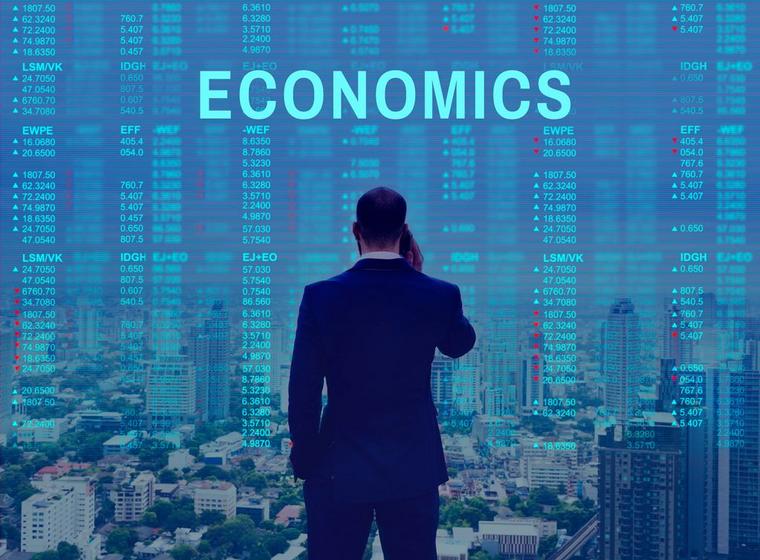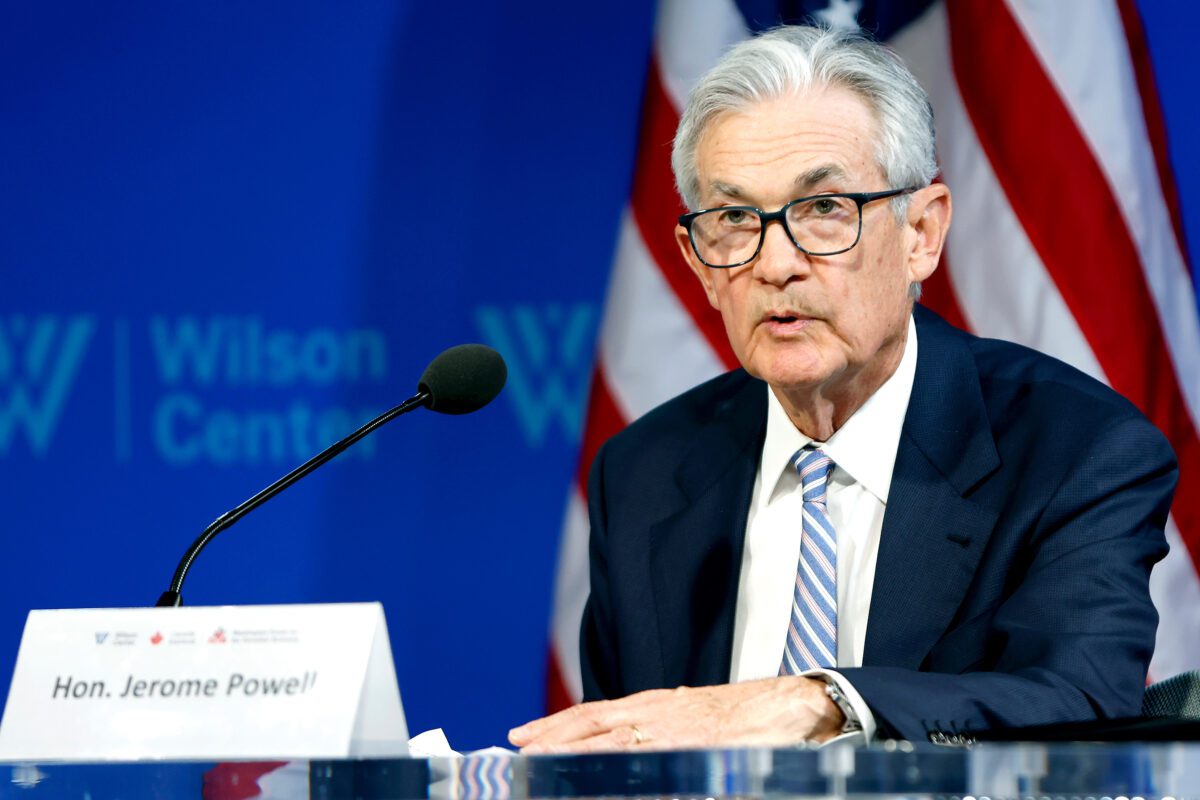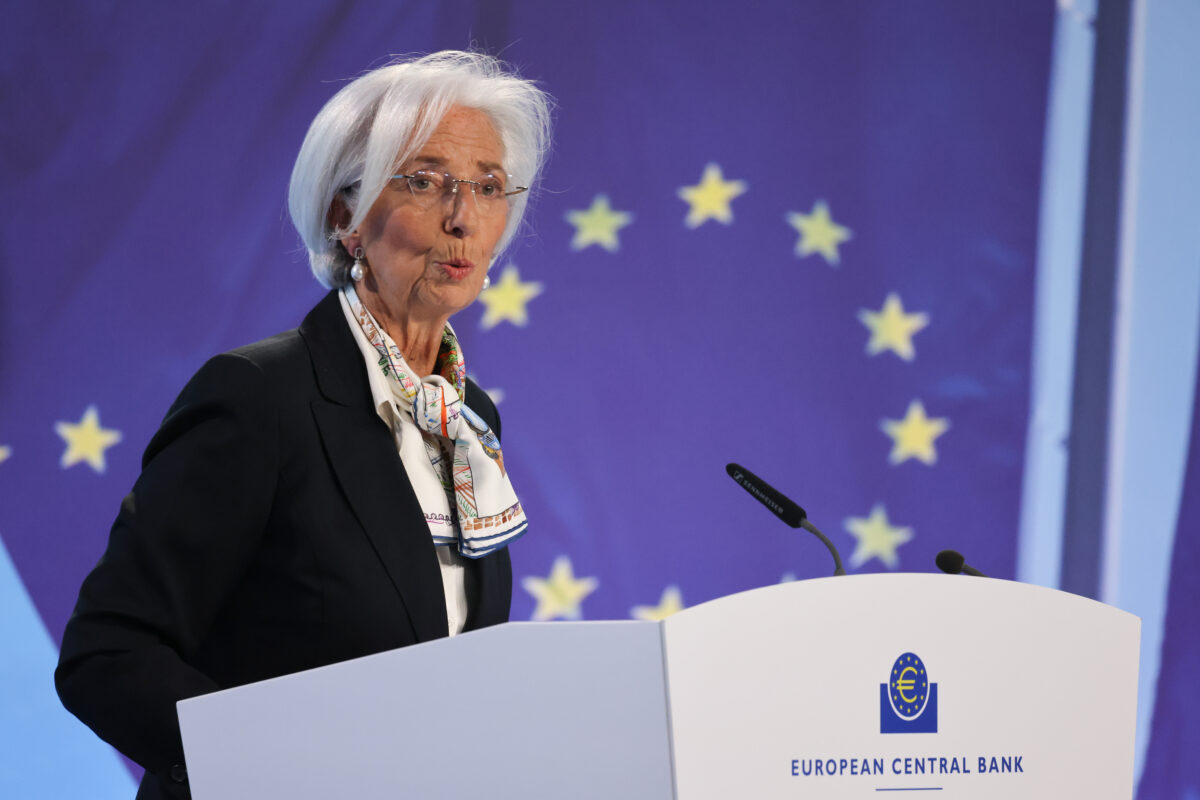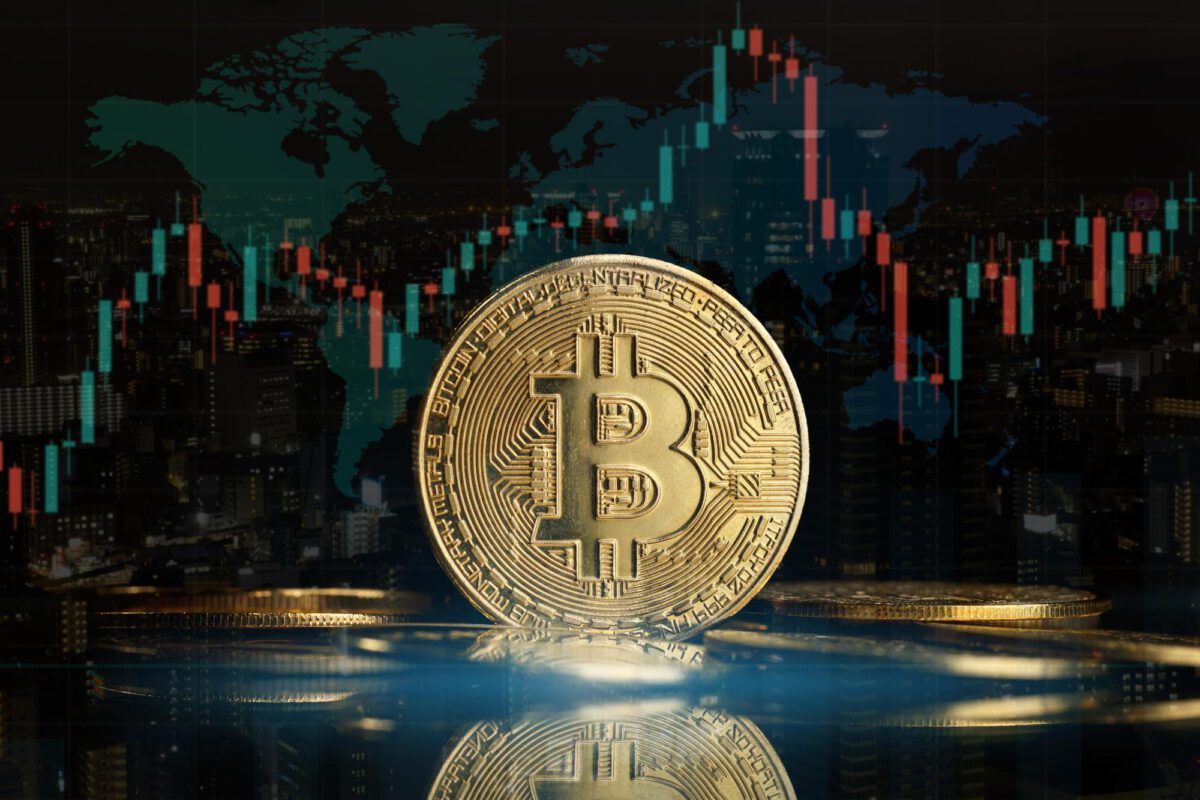Das Verbrauchervertrauen der Uni Michigan (1.Veröffentlichung für Januar) ist mit 68,8 zwar schwächer ausgefallen als im Vormonat, aber dennoch besser als erwartet (Prognose 66,5; Vormonat war 70,6).
Die Einschätzung der aktuellen Lage liegt bei 73, 2 (Vormonat war 74,2)
Die Konsumentenerwartung liegt bei 65,9 (Vormonat war 68,3)
Die Inflationserwartungen steigen weiter:
- 1 year inflation 4.9% vs 4.8% prior
- 5-10 year inflation 3.1% vs 2.9%
Dazu schreibt Richard Curtin, der die Umfrage verantwortet (Hervorhebung durch FMW):
„Sentiment posted a small loss in early January (-2.5%), falling to the second lowest level in a decade, which was recorded in November (67.4). The Sentiment Index has averaged just 70.3 in the past six months, whereas in the first six months of 2021 it averaged 82.9. While the Delta and Omicron variants certainly contributed to this downward shift, the decline was also due to an escalating inflation rate. Three-quarters of consumers in early January ranked inflation, compared with unemployment, as the more serious problem facing the nation. Given that inflation’s impact is regressive, the Sentiment Index fell by 9.4% among households with total incomes below $100,000 in early January, but rose by 5.7% among households with incomes over that amount. The same split was observed for prospects for the national economy, with lower income households more negative, and higher income households holding a more positive outlook. Even among the more optimistic, they are still more likely to anticipate bad rather than good economic times in the year ahead. Importantly, confidence in government economic policies is at its lowest level since 2014. It will be a difficult task to gauge the appropriate mix of fiscal and monetary policies when such fine-tuning is necessary in an era of large economic and non-economic disruptions. The most crucial and difficult task will be defusing the developing wage-price spiral.
When asked to assess their finances, 33% reported being worse off financially than a year earlier, just above the April 2020 shutdown low of 32%, the worst reading since 2014. Twice as many households with incomes in the bottom third as in the top third reported worsening finances (40% vs. 20%). Inflationary erosion of living standards was the main explanation offered by these consumers. The importance of inflation in determining their future financial prospects was dominated by how consumers judged their future inflation-adjusted incomes (see the chart). Nearly half of all consumers (48%) anticipated that the inflation rate would outdistance income increases to produce real income declines. Just 17% anticipated real income gains in 2022.“
Kommentare lesen und schreiben, hier klicken












